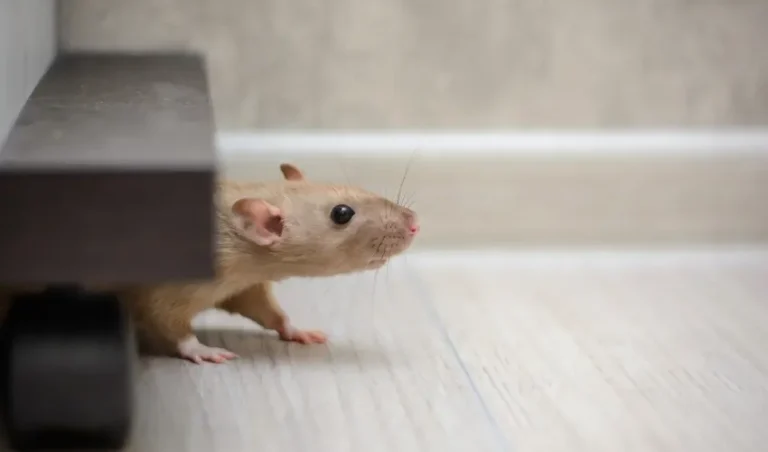Termites: Not Just A Summer Problem
When you look out at the layer of snow covering your yard, it makes sense to think that you are safe from termites or any other bug for that matter. No flies are buzzing around your exterior trash cans, no hornets clinging to your exterior screens, and certainly, no termite swarmers crawling around on window sills. Bugs die off or go into hiding during the winter months, right? Well, the truth is, your home or business can be attacked by termites all winter long. Here is what you need to know about winter termites.
What Does The Cold Do To Termites?
Termites are cold-blooded creatures. Unlike warm-blooded creatures that can maintain a consistent temperature, cold-blooded creatures are the same temperature as the air, water, or soil around them. The only way for a cold-blooded creature to survive bitter cold temperatures is to go where it isn’t as cold. Insects that live in the soil, like subterranean termites, go deeper into the ground and wait for the cold weather to pass.
Do Termites Hibernate?
Under the right conditions, it can seem as if termites go into hibernation. Being cold-blooded creatures, termites will slow down when temperatures drop. If temperatures drop enough, they will retreat to their colony and wait for the ground to warm up. During months where there are prolonged freezing temperatures and little or no snow cover, termite colonies do not survive.
What Do Termites Do If There Is A Lot Of Snow?
More snow means more insulation from the cold. If the soil stays warm enough, subterranean termites will continue to tunnel and forage for food sources. But, since their ideal working temperature is 75°F, they will stay closer to their colony. In summer months, termites can forage as far as a football field’s distance, underground.
What Conditions Are Ideal For Winter Termites?
Warmth is the only criteria for winter termites to remain active. If you have a dirt basement, heated crawl space under your home, or some other area where the soil stays warm, termites will continue to send workers into your house. Termites are simple organisms that don’t require sleep to build energy, which means they will be feeding on the wood of your home 24 hours a day, 7 days a week, all winter long.
Do Termites Swarm In Winter?
When a colony matures it sends out swarmers to create new colonies. This usually happens in spring or fall, but it can happen any time of year when temperatures rise or fall. Since the temperatures in your home will likely stay consistent, it is unlikely that termites will create swarmers in the winter months. But, in spring, when it gets warmer outside the walls of your home, it will bring the temperatures up enough to trigger the swarming behavior. That’s usually when you find swarmers crawling around on your interior walls.
How Do I Check My Home For Winter Termites?
If you have termites feeding on your home, they will be subterranean termites coming up from the ground or drywood termites living inside your walls. Subterranean termites will build mud tubes on interior walls. These tubes will be found in moist and secluded areas like your basement, closets, crawl spaces, storage areas, bathroom, and attic. Drywood termites will create exit holes to push their feces out of their tunnels. These hard feces will look like grains of pepper on your window sills. Since termites feed on the inside of wood, you won’t visually see them unless you rip a wall apart, but you can sometimes hear them. Worker termites tap their heads on tunnel walls to communicate with each other. If you place your ear close to where they are feeding and tunneling, you may hear a clicking sound.
Termites don’t take a break in winter, and neither should your efforts to protect your property. At Action, we offer year-round termite monitoring and protection. Don’t let these wood-eating insects feed on your home or business all winter long. Take action and get action with Action Pest Control!
Are Termites Active in Winter in Indiana, Illinois & Kentucky?
Extermination Services You Can Trust



